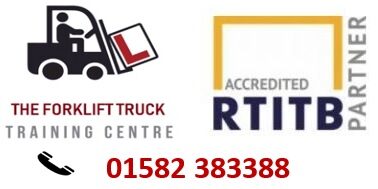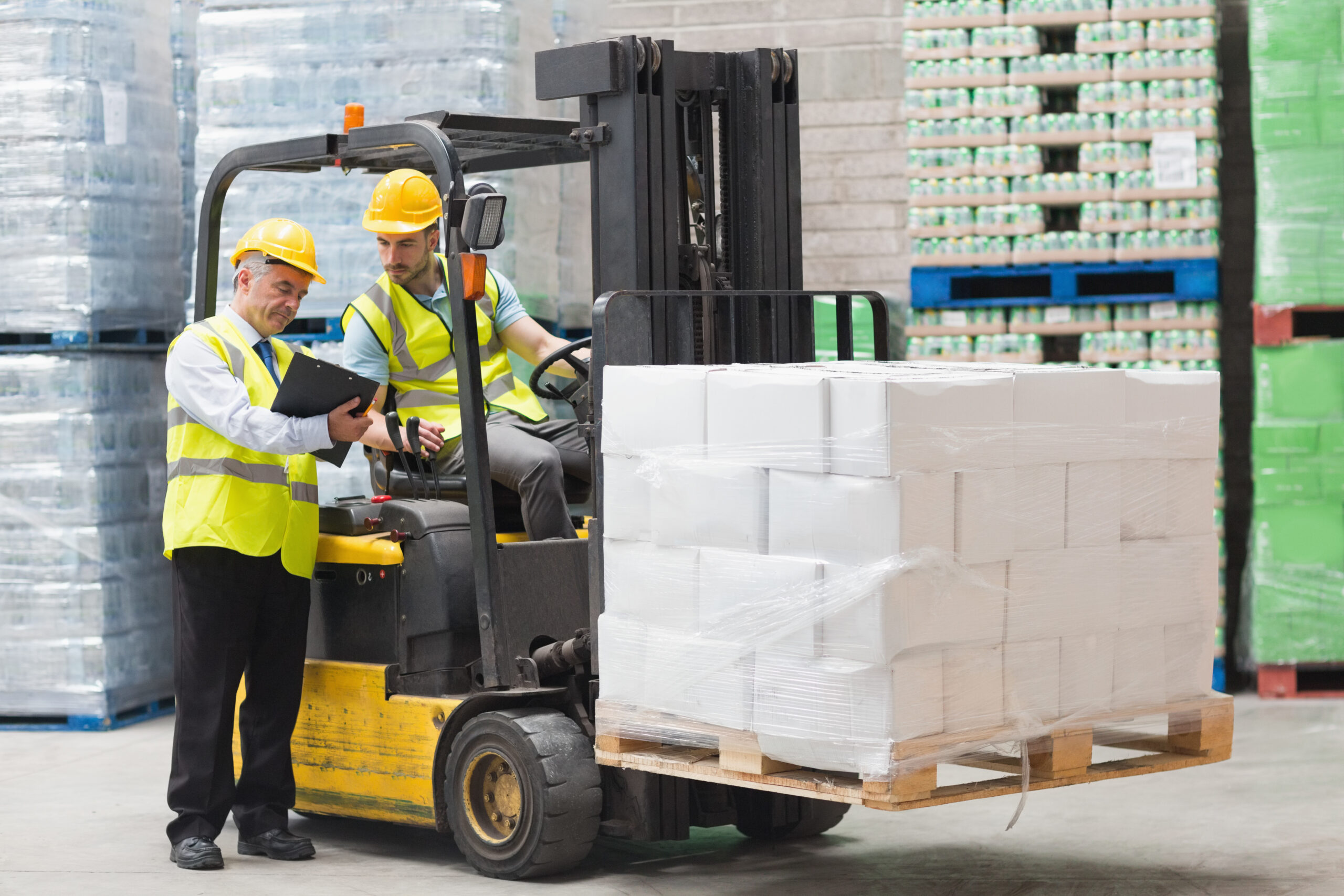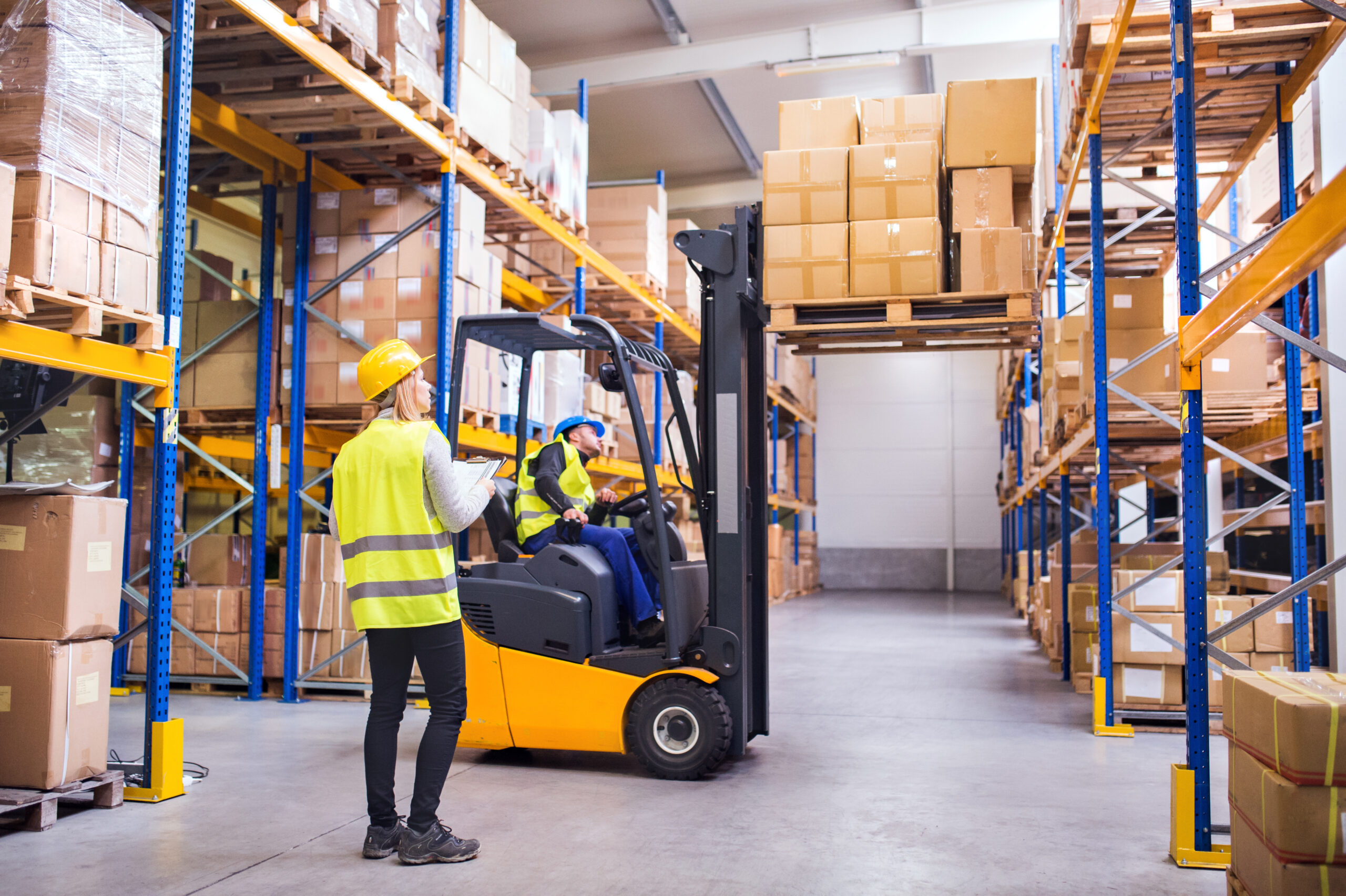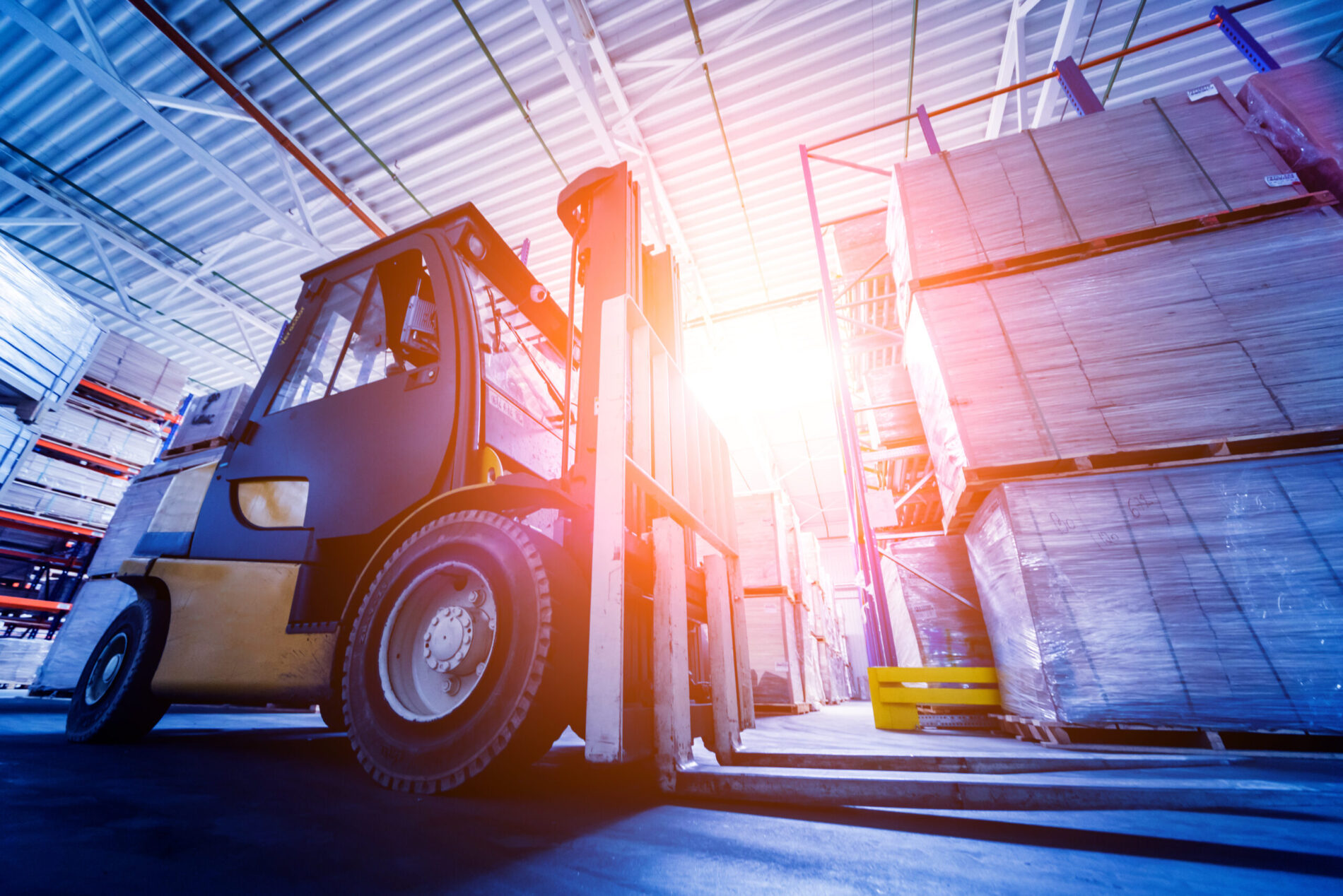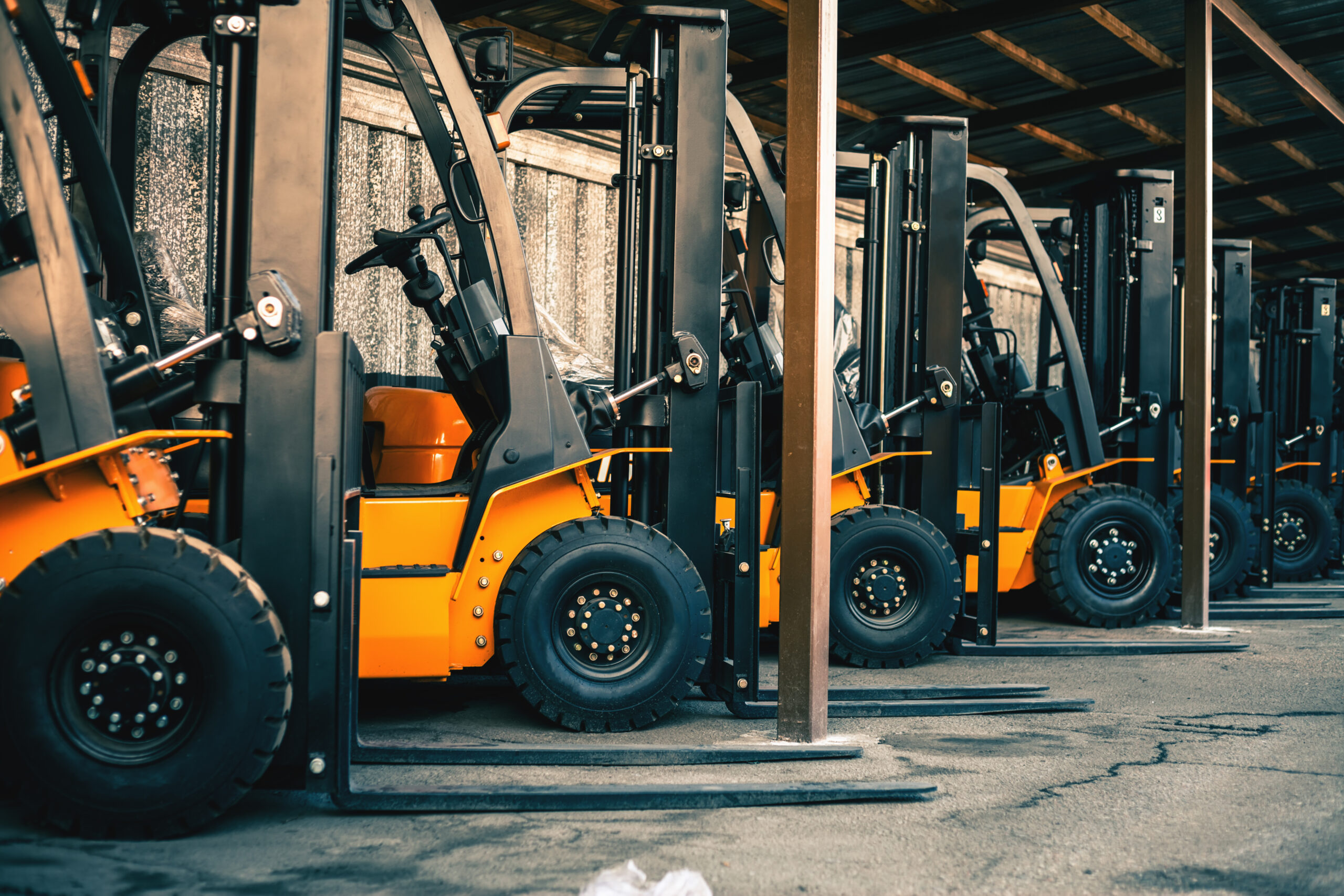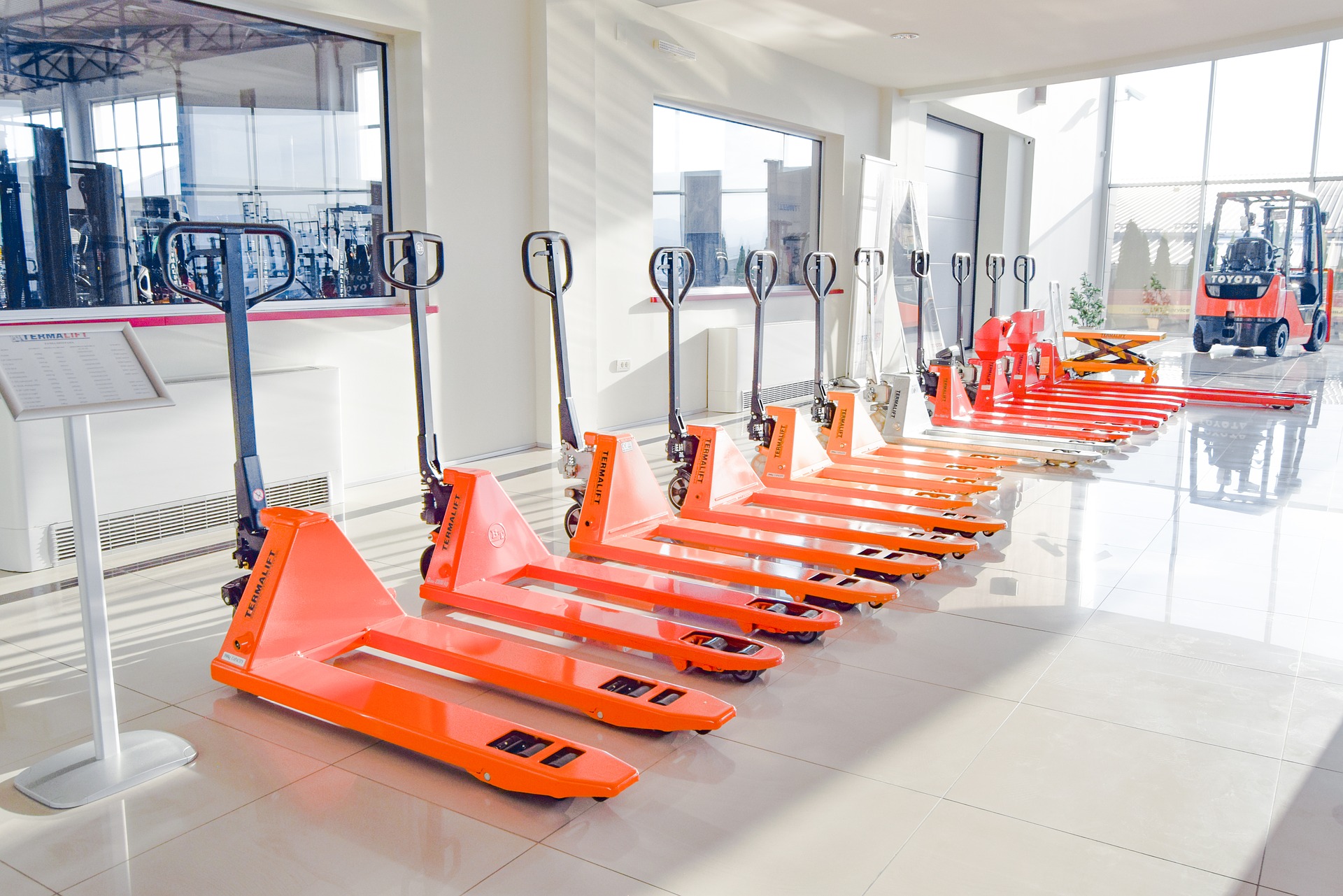Autonomous forklifts are on the way up. With warehouses becoming more and more fast paced, autonomous forklifts can be of benefit to the working environment. So what are the pros and cons of autonomous forklifts?
PROS
Less human contact. Autonomous forklifts mean less human intervention is required, meaning workers can be diverted to other needs within the business.
Productivity is up! Autonomous machines mean that productivity is naturally going to rise. The methodical process of machinery means that tasks can be completed in a timely and accurate manner.
Safety first. By decreasing the involvement of human contact, workers stay safer in the warehouse and the risk of incidents, which can be significant in a warehouse, immediately falls.
CONS
How it all works. Whilst in the long run technology can make the warehouse more efficient, the learning and training process on new technology can affect productivity in the short term.
Tight budget? Investment in autonomous forklifts can be costly to the business and initial implementation could be significantly expensive.
Malfunction? Like any technology, autonomous forklifts can go wrong. A breakdown in technology can cause significant delays.
So will you consider autonomous forklifts for your warehouse?
For more information about our forklift training services, contact us on 03333 442949 or paula@wetrainflt.co.uk.
